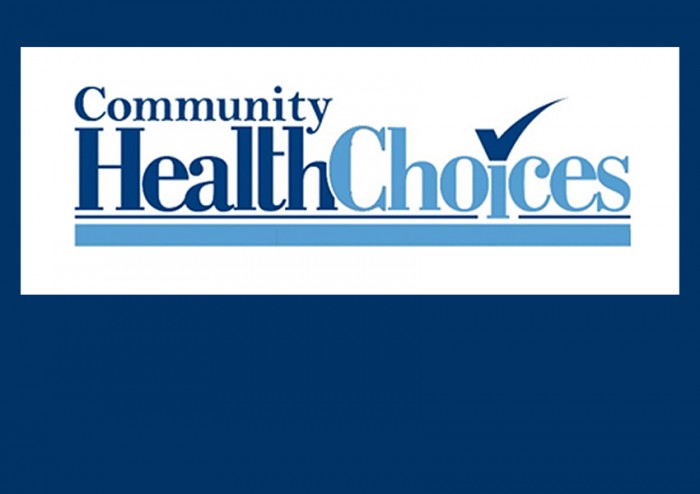The Office of Developmental Programs (ODP) is pleased to announce (ODP Announcement 19-162) that the amendment to the Adult Autism Waiver (AAW) was approved by CMS on December 10, 2019. As communicated in ODP Announcement 19-136, the AAW amendment was submitted to CMS on October 15, 2019. Since that time, ODP has been engaged in ongoing discussions with CMS. Substantive changes were made as a result of those discussions and are highlighted in orange on the Side-by-Side of the AAW. The full waiver application approved by CMS, and the Side-by-Side of substantive changes, are available on the DHS website.
In Appendix A, Role of Local/Regional Non-State Entities has been changed from Not Applicable to Applicable to include Local/Regional non-state public agencies and Local/Regional non-governmental non-state entities. Language to specify the nature of these agencies has been added. Items A-5, A-6, and A-7 have been revised as well.
In Appendix B, Reserved Capacity was added to serve 15 participants in waiver years (WYs) 4 and 5 who need to be re-enrolled in the Adult Autism Waiver (AAW) after a stay in a hospital or rehabilitative care for more than 30 days.
In Appendix B, the number of unduplicated participants and maximum number of participants served is being updated to reflect current allowable waiver capacity.
Also in Appendix B, Selection of Entrants to the Waiver, Priority 2 status is removed and the Intake Process is revised and Interest List Procedure is revised to change the Interest List to a Wait List. Change in Priority status has been removed.
In Appendix C, a new service, non-medical Transportation, is being added.
Also in Appendix C, validation of provider qualifications for all services is being changed from every 30 months to every 36 months to align with a revised quality management strategy.
In Appendix C, the definitions of Day Habilitation and Residential Habilitation were revised to clarify where new facilities can be located.
In Appendix C, provider qualifications for all employment services are revised and clarification is added as to when employment services can be accessed without a referral to OVR.
In Appendix C, language was updated to reflect that family members can provide Transportation-Trip through an OHCDS.
In Appendix C, the educational qualifications for staff providing Career Planning were revised based on public comment.
Appendix I is revised to include a more detailed description of the rate setting methodology.
Revisions were made based on the new Chapter 6100 regulations, as applicable.
Changes were made to performance measures.
ODP changed all references to Family Living to Life Sharing.
ODP changed all references to Supports Coordination Agencies to Supports Coordination Organizations.
ODP changed the name of Transitional Work Service to Small Group Employment.
ODP changed references to the Bureau of Autism Services (BAS) to the Bureau of Supports for Autism and Special Populations (BSASP) or the Office of Developmental Programs (ODP), as applicable.
Questions about this communication can be directed to Laura Cipriani.

















